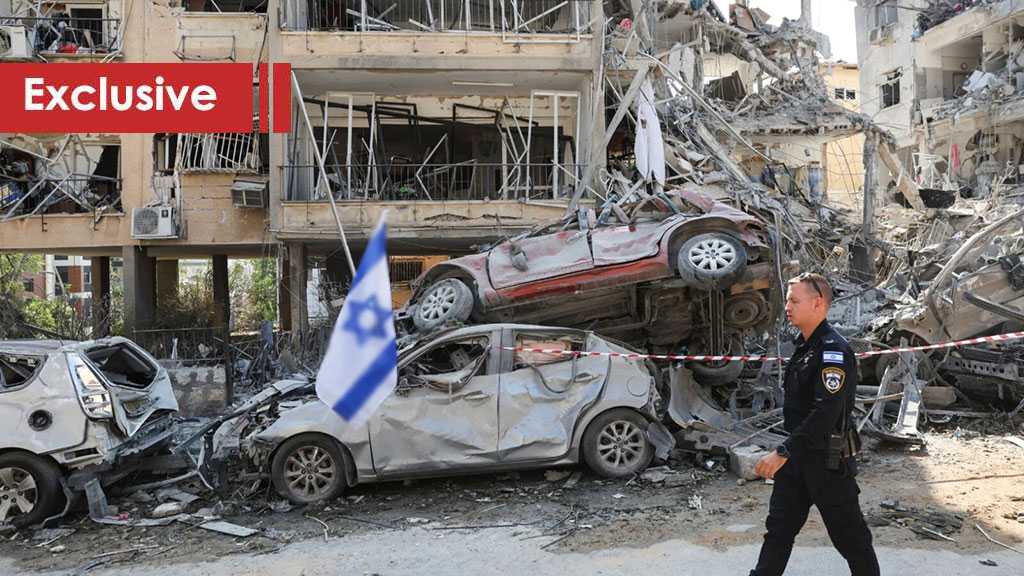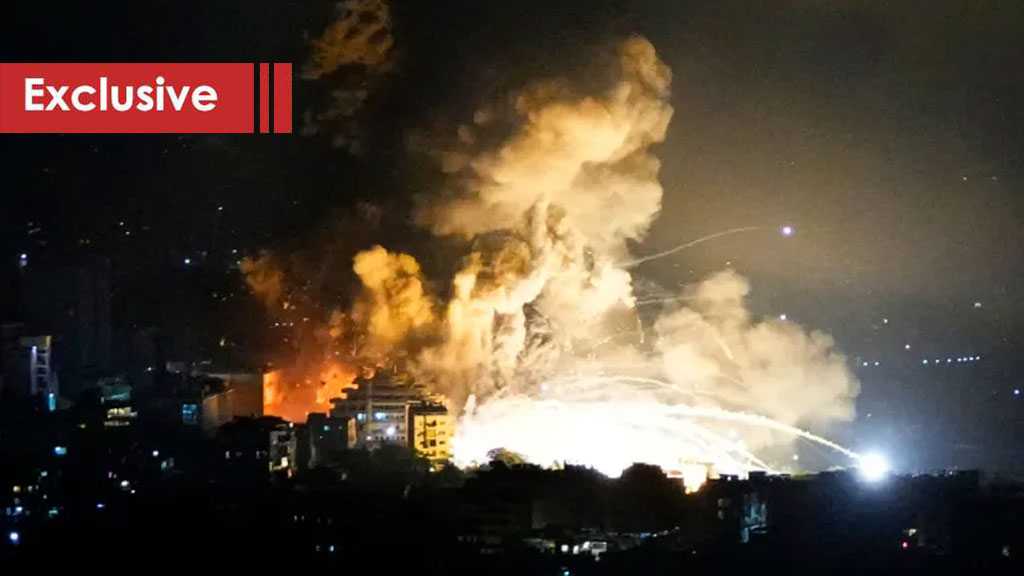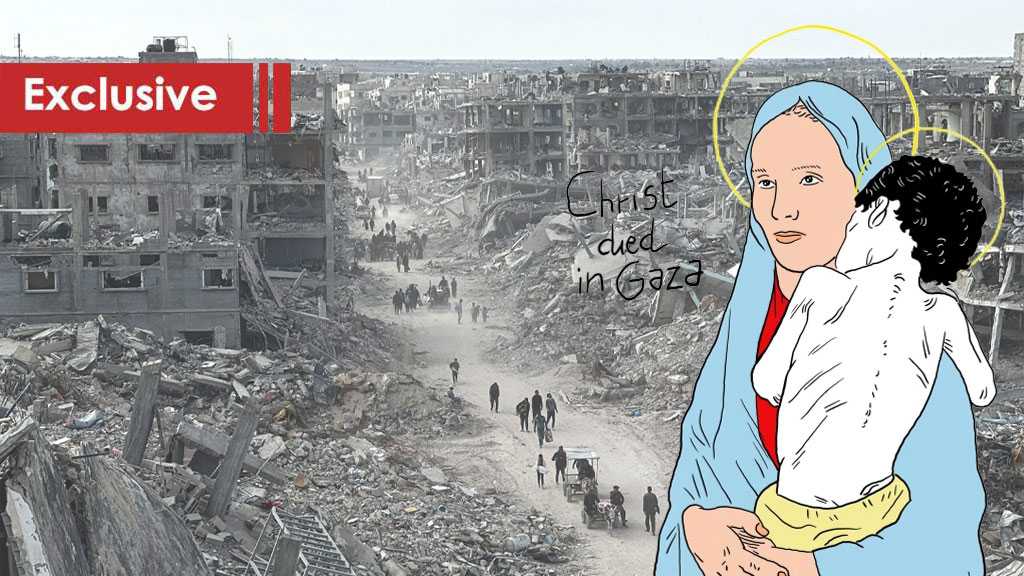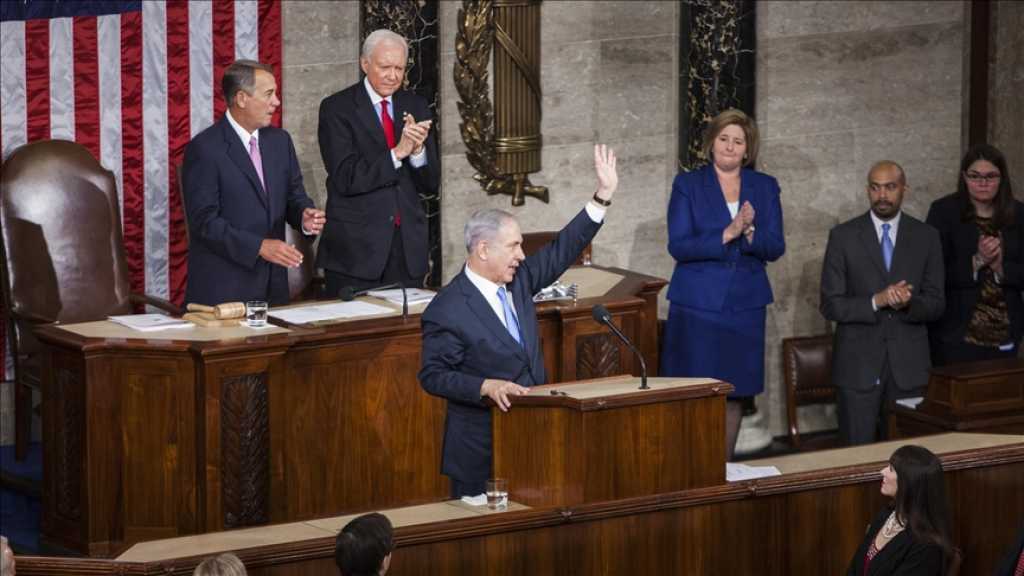Iran’s June Retaliation: Redefining Resistance and Deterrence in the Middle East

By Mohamad Hammoud
A Strike Born of Necessity and Principle
Lebanon -When Iranian missiles lit up the skies over the “Israeli” entity on June 13 and 14, the world watched a turning point unfold in real-time. This was not a symbolic gesture or empty show of power—it was a thunderous declaration that the era of unchecked aggression was over. Iran’s action came in direct response to the “Israeli” strike on Iranian soil just hours earlier. Tehran’s reply was swift, targeted, and deliberate. It sent a message far beyond “Tel Aviv”: Iran will not tolerate foreign attacks without consequence.
This response was grounded in international law and strategic necessity. Any sovereign state struck by another has the right to retaliate. But for Iran, the stakes are even higher. It stands at the helm of the Resistance—an alliance of independent partners united by a common goal: to end Zionist occupation and foreign domination. To remain silent in the face of aggression would have meant surrendering the legitimacy of that leadership. The Islamic Republic chose to speak—with missiles.
Unveiling Capabilities, Shaping the Battlefield
The Iranian operation revealed a new level of military precision. Over 100 drones and dozens of ballistic missiles were launched in coordinated waves aimed not at civilians but at military targets. The technology behind these weapons underscores how far Iran has advanced its deterrence strategy.
The Qassem Bassir missile, recently unveiled, is a two-stage, solid-fueled medium-range system with an estimated 1,200-kilometer reach and advanced counter-jamming capabilities. The Fattah-1 hypersonic missile, traveling at speeds over Mach 13, represents a breakthrough in regional missile dynamics. The Fath-360, a short-range tactical missile with satellite-guided targeting, provides Iran with fast, precise, and mobile strike options similar to advanced Western systems. These platforms are survivable and agile, quick and designed to penetrate even the most sophisticated air defense systems.
According to the Financial Times, Iran’s barrage on June 13—along with earlier assaults—demonstrated that its best missiles could pierce “Israeli” air defenses, even when those defenses were bolstered by an emergency deployment of US and allied warplanes operating far from “Israeli” airspace. Despite these protections, some two dozen Iranian missiles landed inside the Nevatim Air Base in southern “Israel.” One missile struck near the Mossad’s headquarters in northern “Tel Aviv”. Others hit another “Israeli” air base. The damage was real, measurable and symbolically devastating.
Silence and Hypocrisy from the West
As expected, the Western world fell back on its tired script. Washington, London, and Brussels repeated the mantra that “Israel” has the right to defend itself” while offering no condemnation of the “Israeli” strike that triggered the conflict. Iran’s right to respond was ignored—as if only Western-backed regimes are entitled to sovereignty.
This selective outrage is not lost on the region’s people. The silence over “Israel’s” attack, followed by loud condemnation of Iran’s response, lays bare the double standards that define Western diplomacy. Yet despite this, Iran’s measured and disciplined operation forced the world to acknowledge a new reality: the Islamic Republic is not a passive target. It is a regional force with power and purpose.
Regional Reaction: Between Complicity and Courage
The Arab regimes, many of which have aligned with “Israel” or remained silent, were predictably cautious. Some offered vague calls for de-escalation. Others said nothing at all. But in the streets—from Baghdad to Beirut, Damascus to Sanaa—thousands rallied in support of Iran’s strike. Resistance movements declared solidarity, not out of obligation but of shared struggle.
These movements are not proxies. They are strategic partners with shared interests and mutual respect. Together, they form a regional front that views Tehran as a supporter and a pillar of Resistance. Iran’s retaliation reaffirmed its role as the guardian of this cause.
The Multipolar World Takes Note
While the West rushed to defend “Israel,” global powers like Russia and China responded with restraint. Neither condemned Iran. Both understand that a robust and assertive Iran serves to balance the overreach of US and “Israeli” policies in the region.
Moscow sees Tehran as a vital ally in resisting Western military encirclement. With economic and energy stakes across the Middle East, Beijing values regional stability—but not at the cost of justice or dignity. Their silence was not indifference—it was tacit recognition that Iran acted within its rights and with strategic foresight.
Conclusion: A Shift in the Balance
Iran’s response to the June 13 “Israeli” attack was more than retaliation—it was a recalibration of the rules of engagement. For the first time in decades, the Islamic Republic demonstrated that it can strike “Israel” directly, with precision and confidence. This shift is not just military but political, symbolic and regional.
Iran preserved its dignity and reasserted its leadership by acting decisively and within the bounds of strategic logic. If the flag of the Resistance is to remain high, then silence is not an option. Iran has shown that retaliation is not escalation but survival, justice and deterrence.




